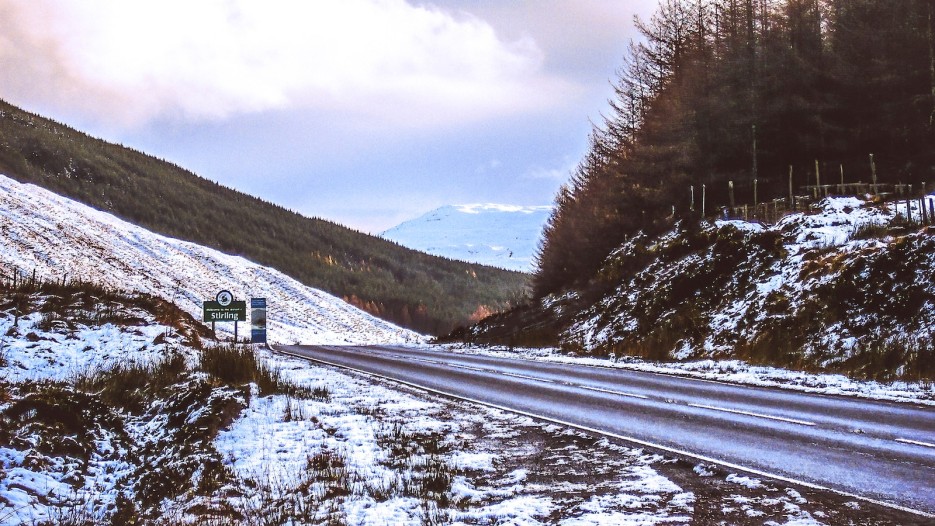
As the UK welcomes the new year, parts of the country are experiencing freezing temperatures and icy conditions. Scotland is also anticipated to experience sub-zero conditions, with temperatures dropping as low as -8C in the Highlands. Yellow weather warnings for ice have been issued for the northern parts of England and Northern Ireland. The Met Office has issued a warning about the possibility of slip-and-fall accidents on untreated pavements and roads as well as icy patches on bike lanes.
The cold is predicted to persist in the north and west of the country, where frost and icy patches are anticipated, even though the rain may be decreasing for some. A five-day weather forecast for the UK has been released by the Met Office, and ice warnings have been issued for a number of locations, including Newcastle, Edinburgh, and Glasgow. Flood warnings are in effect nationwide in addition to the cold conditions, with localised flooding from surface water and rivers possible in places like Bristol on Tuesday and sections of North West England on Wednesday.
It is important to take climate change into account as the UK suffers extreme weather occurrences like this cold snap. The UK’s Climate Change Committee claims that the country is already experiencing the effects of a warming globe, including an increase in the frequency of heatwaves, torrential rain, and coastal floods. In the upcoming years, it is anticipated that these occurrences will increase in frequency and severity.
The warming of the oceans is one of the main ways that climate change is affecting the weather in the UK. The ability of the oceans to hold more moisture increases with ocean warming, which causes heavier rainfall and a higher danger of flooding. In addition, as heated air can store more moisture and raise temperatures, the warming atmosphere is leading to an increase in heatwaves.
In the UK, climate change is having an impact on more than just severe weather events. Even what might appear to be “typical” weather patterns are impacted. For instance, a study in the journal Nature revealed that the average winter temperature in the UK has increased by 1.5C over the past 50 years, with the north and west of the country experiencing the most warming. It is anticipated that the warming trend will continue, resulting in milder winters and more dramatic temperature swings.
The UK’s weather appears to be becoming more severe, with wider temperature differences across the country, despite the fact that it is impossible to clearly link any one weather event to climate change.




